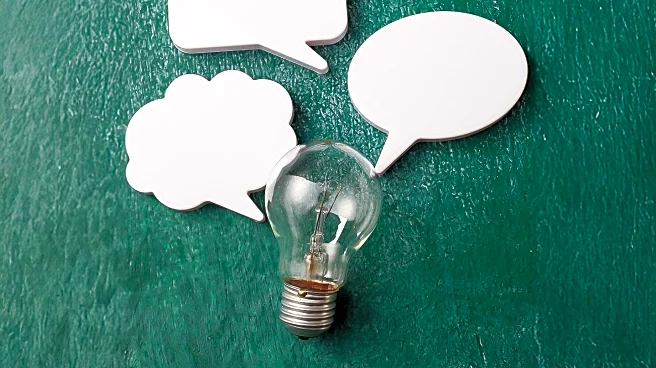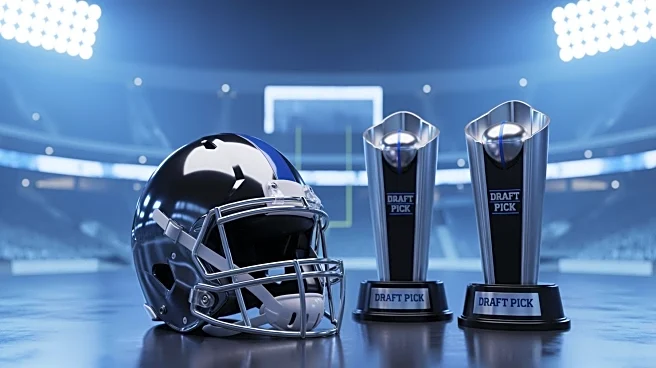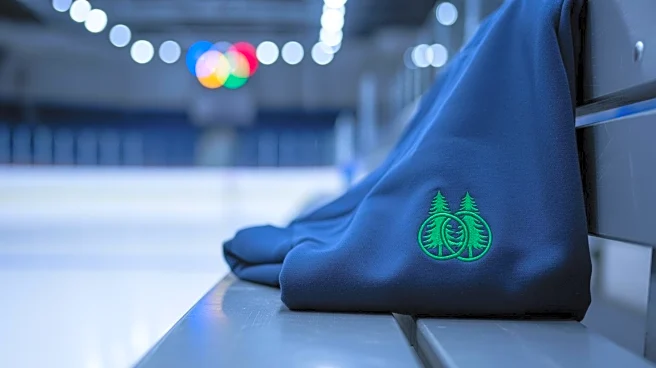What's Happening?
The term 'lol,' originally meaning 'laugh out loud,' has evolved into a versatile communication tool among millennials. It is used to soften messages, convey humor, and manage social interactions. Millennials often append 'lol' to texts to mitigate awkwardness
or tension, making messages appear more casual and approachable. Linguists describe 'lol' as a discourse marker, helping to organize thoughts and indicate the intended tone of a message. This linguistic evolution reflects millennials' adaptation to digital communication, where conveying tone and emotion can be challenging.
Why It's Important?
The widespread use of 'lol' among millennials highlights the generation's unique approach to digital communication. It underscores the importance of tone in text-based interactions, where traditional cues like facial expressions and vocal inflections are absent. This adaptation is significant as it demonstrates millennials' ability to create a nuanced language that bridges the gap between digital and face-to-face communication. The use of 'lol' also reflects broader societal trends, such as the emphasis on self-deprecation and the desire to avoid conflict, which are prevalent in millennial culture.
What's Next?
As digital communication continues to evolve, the use of 'lol' and similar linguistic tools may further develop or be replaced by new conventions. Future generations may adopt different markers to convey tone and emotion, influenced by emerging technologies and communication platforms. The ongoing study of these linguistic trends can provide insights into how language adapts to technological advancements and changing social norms.
Beyond the Headlines
The use of 'lol' raises questions about the impact of digital communication on interpersonal relationships and emotional expression. It highlights the challenges of conveying sincerity and vulnerability in text-based interactions, prompting discussions about the psychological effects of digital communication. Additionally, the evolution of 'lol' reflects broader cultural shifts, such as the increasing importance of humor and self-deprecation in social interactions.















